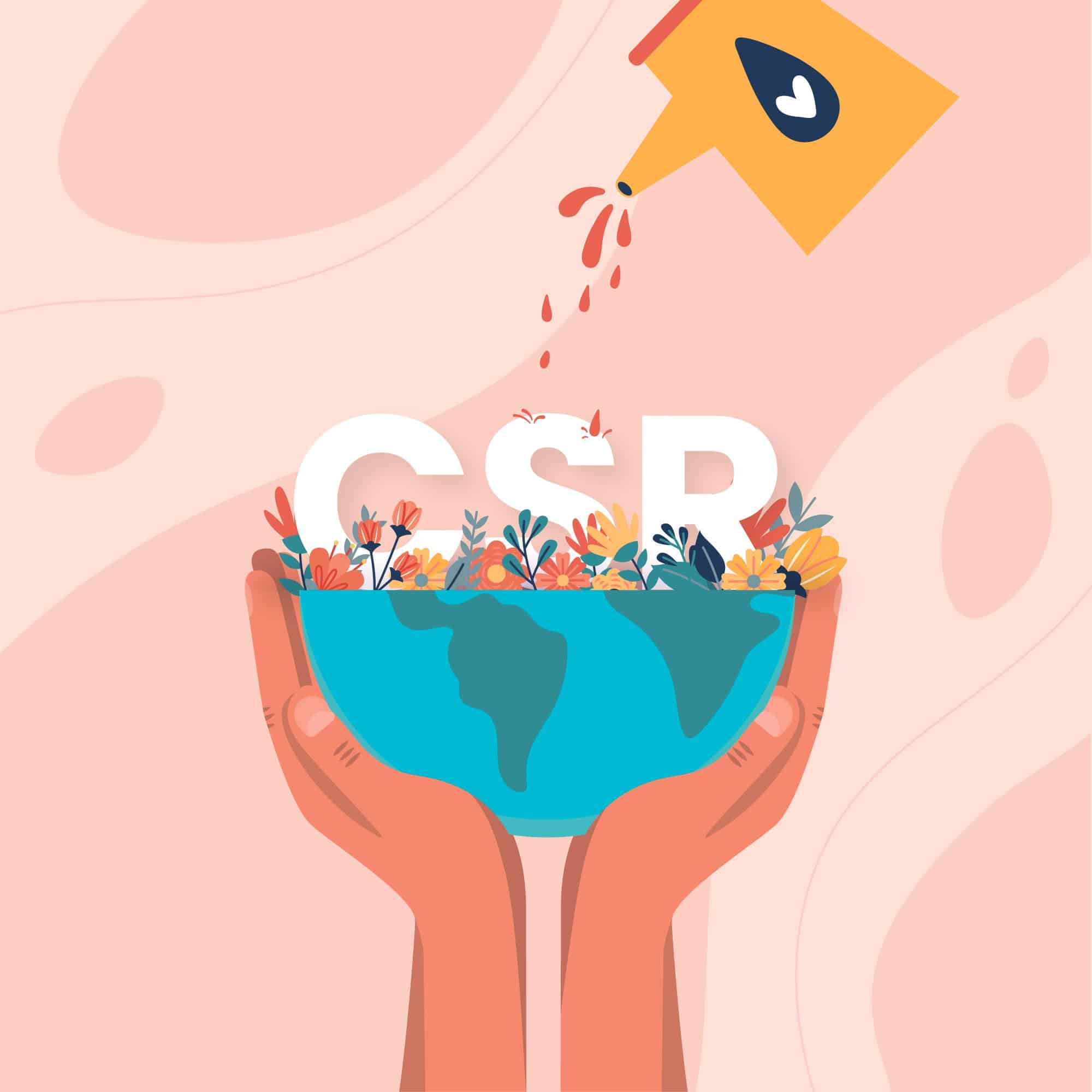The pressures from the past 18 months have brought internal and external conflict to companies. The “why” behind a company’s business practices has elevated in significance, with employees and stakeholders asking the hard-hitting questions.
-
- How is my company taking a stance on issues such as racial equity, the environment, and community impact?
- Beyond services or products provided, how are we actively contributing to bring positive change?
- What greater role am I playing as a stakeholder or employee?
- How is the company bringing awareness to a cause that is closely aligned with our mission?
More leadership teams are taking these questions seriously than in previous years. The result is a greater focus on the company’s role in the community and communications that convey the Corporate Social Responsibility position. In fact, the 2020 AACP & Social Impact Survey found that 75% of respondents reported an increase in leaderships’ CSR expectations due to COVID-19.
Marketing professionals are tasked with authentically amplifying the mission while simultaneously differentiating the company from others in the industry.
Benefits to integrating CSR are substantial. There is a direct correlation between impact initiatives and employee engagement. In Benevity’s 2018 Engagement Study, turnover rates decreased by 57% among employees who connected to their companies’ mission through giving and volunteering efforts. That has a direct influence on the bottom line: Harvard Business Review estimates that “enterprise companies save an average of $6.43M in annual turnover-related costs for every 10,000 workers, when all employees feel their work is highly meaningful.”
Brand preference among consumers also plays a role. Chief Executives for Corporate Purpose and Fortuna Advisors reported insights in their 2020 report, The Return on Purpose: Before and during a Crisis: “High-purpose brands will double their market value more than 4x faster than low-purpose brands.”
On the other side of the coin, companies that don’t see the value in CSR could experience a stunning negative effect. Accenture’s 2018 Report ‘The Bottom Line of Trust’ estimates that from the 7,000+ companies analyzed, $180 billion may be at risk when losing customer trust.
The clear trend towards building purpose into the strategy extends to marketing, as companies seek to amplify their CSR initiatives. Marketing as a high-purpose brand brings long-term results by attracting and retaining new customers. Internal and external stakeholders become engaged with marketing initiatives when the value is substantiated from a business and socioeconomic impact.
One of the major questions faced by organizations is how they can measure the benefits of CSR initiatives. In a PRNEWS article (April 2021), executives were asked to weigh in. Katie Evans, External Affairs Manager at Mars Pet Nutrition, highlighted three key performance indicators (KPIs) for CSR: the number of pet adoptions supported, the number of meals donated for pets in need, and whether the company has been able to influence policy, such as pet-friendly housing. Angelique Lewis, Director, CSR, and VP of Astellas Global Health Foundation, focused on employee KPIs such as recruitment, retention, and reputation. PepsiCo’s Senior Director, Communications, Gina Judge, noted that their efforts are measured by the amount of community and environmental impact, reputation, and employee engagement that they can track.
Everyone is paying attention to CSR. Employees, stakeholders, and customers are taking a closer look to evaluate whether a company is taking the extra step in making a long-term impact. Social consciousness is now a fundamental decision-making factor for many.
In our latest white paper, Inflection Point, we examine the world of today’s CSR, benefits for the organization and society, and how marketing can play an important role in communicating CSR initiatives.




